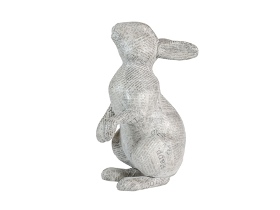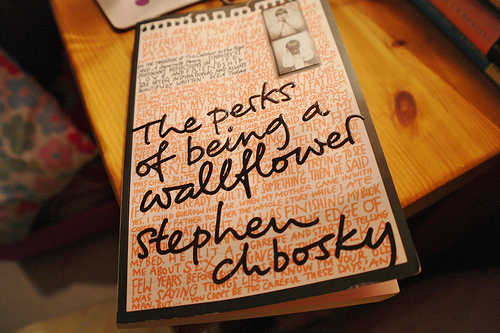Every book is controversial in one way or another; some scream in the face of conflict and leave a legacy of opinions to influence the next reader.
For centuries, writers have challenged the ambiguous boundaries of literature through their characters that dare to expose real issues. Literary critics claim that characters are commonly derived from parts of the writers’ self, initiating close comparisons to form an opening for criticism against the creator.
My favourite book as an impressionable teen happened to be in the list of the ‘top ten banned books of all time’. The Perks of Being a Wallflower by Stephen Chbosky is a combination of typical and topical issues that youngsters stumble upon as they mature. Reading this book at sixteen years old, I ignored the intensity of Chbosky’s scenarios that landed him in a lot of trouble.
Maybe I was slightly more naïve than others my age, but the drug use, violence, sexual descriptions and references to mental health blended subtly amongst the emotional rollercoaster of protagonist, Charlie.
I accepted the scenarios as undeniably shocking, but more as an ingenious dramatic technique to keep the reader absorbed in Charlie’s world. Charlie admits to witnessing his sister in a violent argument with her boyfriend that resulted in her being slapped, and his favourite teacher tells him “we accept the love we think we deserve.” I loved this quote for its exterior meaning, never quite understanding the poignancy in the story. Four years older and reading it again, I can now acknowledge the raw authenticity of this book that has been officially banned from many American schools and libraries by the American Library Association.
This book can definitely be classed as risqué but also infinitely relevant to younger audiences. It remains a consistently disputed plot despite being written and published fifteen years ago and a recent revival of its storyline came with the film adaptation in 2012.
Stirring the popular opinion that Chbosky idealises the profanities of teen life, the film received much of the same criticism as the book. Personally I believe controversy fuels all literature and positively adds to the satisfaction I receive from reading a good book.
By Ashleigh Poole

